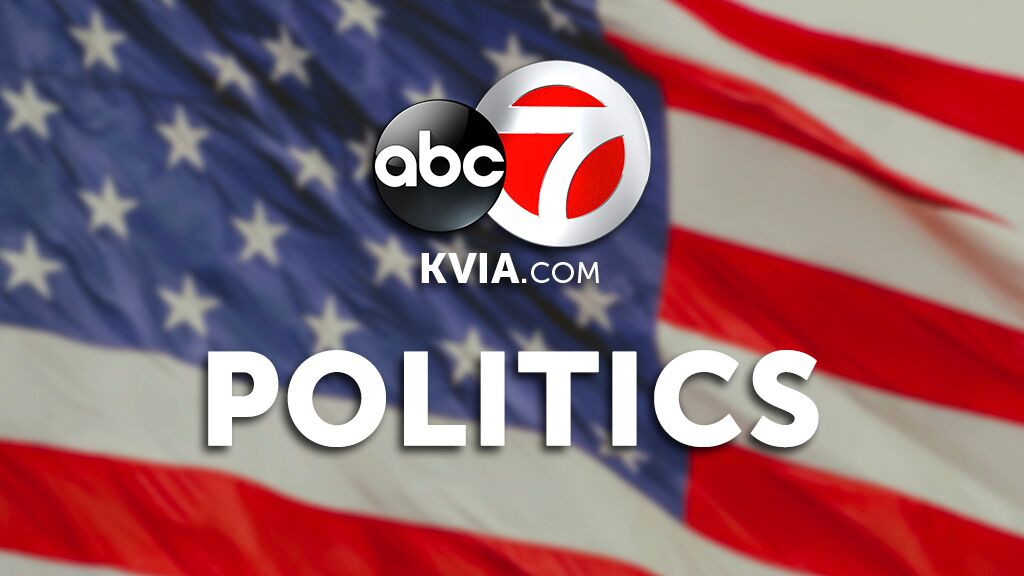New EPA rule could make it more difficult to limit air pollution

The Trump administration on Wednesday finalized a rule that could prevent the Environmental Protection Agency from strengthening measures to combat air pollution and the climate crisis in the future.
The new EPA rule is one of several last-minute federal regulations that President Donald Trump’s political appointees are finalizing ahead of Joe Biden’s inauguration next month, including a number that loosen existing environmental regulations.
It would require analyzing the cost and benefit of proposed policy changes under the Clean Air Act, regardless of whether the environmental impacts outweigh the potential economic ones, which could have significant long-term effects on policymaking at the agency.
The rule would also prevent scientists at the EPA from presenting co-benefits of a proposed policy change. For instance, if scientists propose a crackdown on ozone levels and that decreased amount also reduces other kinds of emissions, those co-benefits would no longer be considered when evaluating whether the rule change should become policy.
EPA Administrator Andrew Wheeler said Wednesday that the agency’s action ensures it is “consistent in evaluating costs and benefits when developing broad-reaching policies that affect the American public.”
“Thanks to President Trump’s leadership, we are ensuring that future rulemakings under the Clean Air Act are transparent, fair, and consistent with EPA governing statutes, the American public deserves to know the benefits and costs of federal regulations,” Wheeler said in a statement.
John Coequyt, director of the Federal and International Climate Campaign for the Sierra Club, told CNN that part of what the Trump administration has done at the EPA is not worry about air or water quality but instead has “focused on changing the ways that the agency considers costs and benefits, the way that the agency looks at science, in order to make it more difficult to establish safeguards going forward.”
“The idea is that you have to do a formal cost-benefit analysis, whether it’s required or not under the Clean Air Act, and then they try to explicitly exclude co-benefits,” he said. “Usually when you think about the pros and cons of taking an action, you think about all of them.”
Environmental groups said it undermines efforts to protect clean air during the coronavirus pandemic. They also called on Biden to reverse the rule once he takes office.
Rachel Cleetus, policy director for the Climate and Energy Program at Union of Concerned Scientists, said the rule “has no scientific, public health, economic or legal justification, and is a sharp break with past precedent.”
“It’s aimed purely at rigging the rulemaking process in favor of polluters,” Cleetus said in a statement Wednesday. “The EPA’s political leaders are directing the agency’s staff to ignore benefits and undervalue human health, making it harder for the agency to protect people, but cheaper and easier for powerful industries to pollute our air with impunity.”
